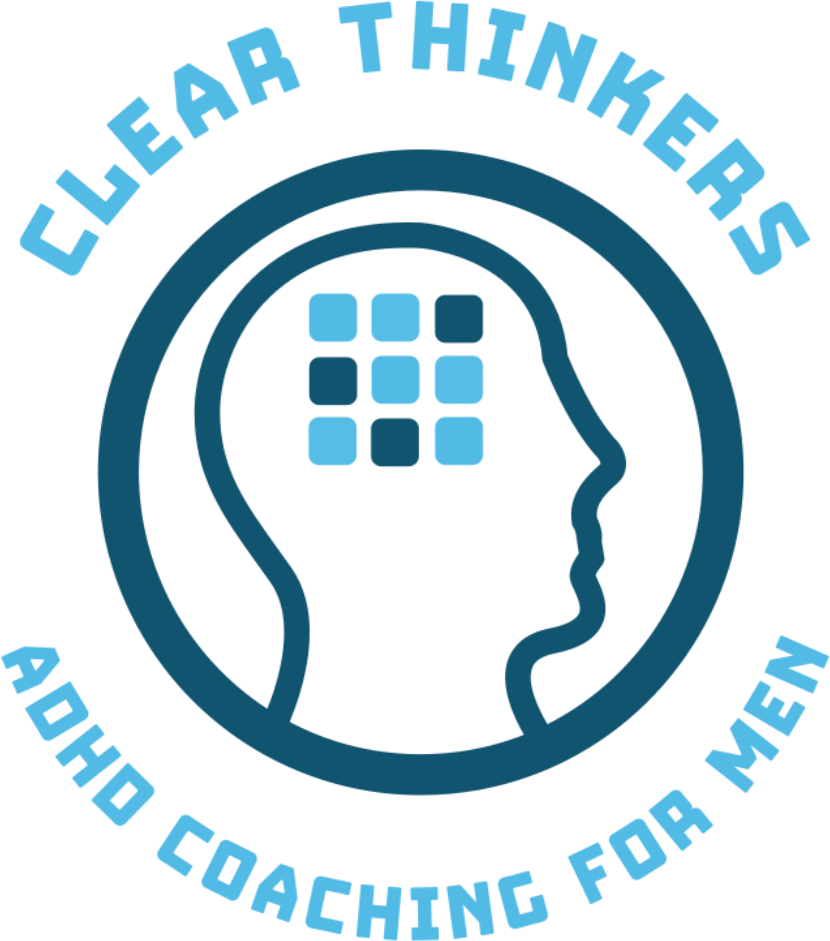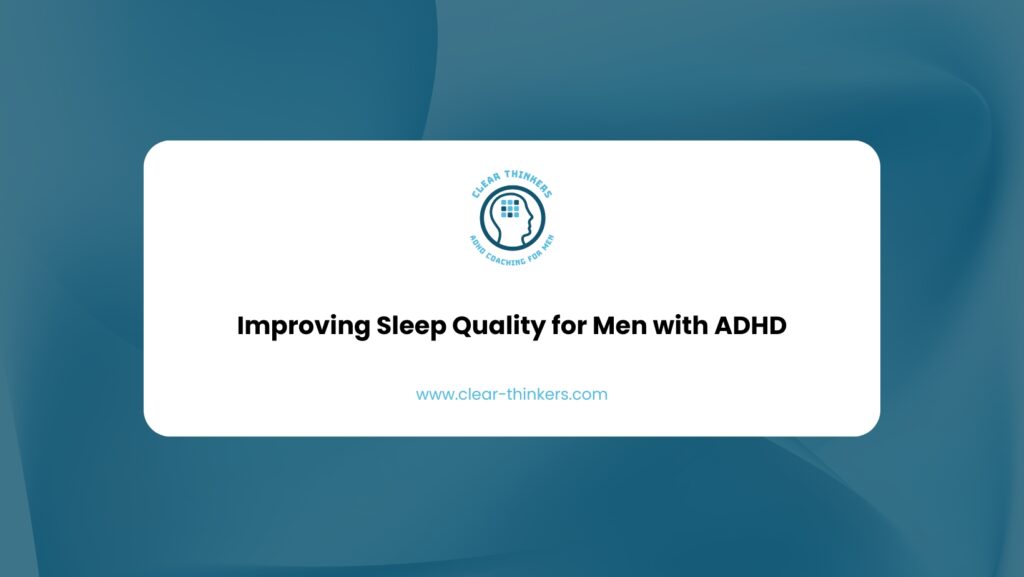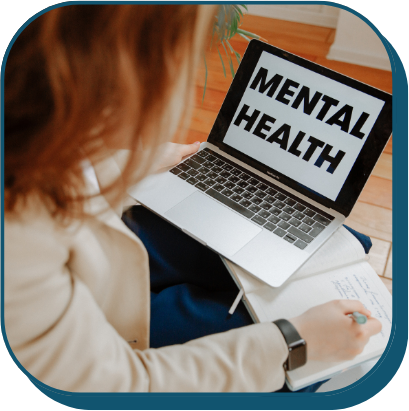For many men with ADHD, sleep can be elusive. Sleep issues like insomnia, difficulty falling asleep, or restless nights are common. Poor sleep can intensify ADHD symptoms, making it harder to focus, control impulses, and manage emotions. However, with the right strategies, men with ADHD can improve their sleep quality and overall well-being.
Explore more about ADHD’s impact on adults at Zeitlin Coaching.
Why Men with ADHD Struggle with Sleep
ADHD affects the brain’s ability to regulate neurotransmitters like dopamine and norepinephrine, which play a role in both attention and sleep. Here’s how ADHD can affect sleep:
- Racing Thoughts: Men with ADHD often experience racing thoughts, making it difficult to wind down at night.
- Hyperactivity: Physical restlessness can extend into the night, making it hard to settle into a relaxed state.
- Delayed Sleep Phase Syndrome (DSPS): Many adults with ADHD have DSPS, which is a delay in the natural sleep-wake cycle, causing them to feel awake late into the night.
To better understand ADHD-related symptoms and sleep challenges, visit Zeitlin Coaching.
Strategies to Improve Sleep Quality with ADHD
1. Create a Sleep-Friendly Environment
Your bedroom should be a space that promotes relaxation.
- Dark and Quiet: Use blackout curtains and earplugs to eliminate distractions that can disrupt sleep.
- Cool Temperature: Keeping the room cool can improve sleep quality by helping the body reach the ideal temperature for rest.
2. Establish a Consistent Sleep Routine
Maintaining a consistent sleep schedule can help regulate your body’s internal clock.
- Go to Bed at the Same Time: Set a fixed bedtime and wake-up time, even on weekends.
- Bedtime Ritual: Incorporate calming activities into your routine, like reading a book, taking a warm bath, or practicing deep breathing.
Explore executive function support and sleep regulation at Zeitlin Coaching.
3. Limit Stimulants Before Bedtime
Stimulants like caffeine and ADHD medications can interfere with sleep, so it’s essential to manage their intake carefully.
- Avoid Caffeine in the Evening: Caffeine can stay in your system for hours, making it harder to fall asleep.
- Adjust Medication Timing: Talk to your healthcare provider about adjusting ADHD medication timings to minimize sleep interference.
4. Practice Mindfulness and Relaxation Techniques
Mindfulness can help calm racing thoughts and reduce anxiety, promoting better sleep.
- Try Progressive Muscle Relaxation: Start at your toes and slowly tense and relax each muscle group as you move upward.
- Use a Meditation App: Apps like Headspace or Calm offer guided sleep meditations that can help clear the mind before bed.
Discover more ADHD coping strategies at Zeitlin Coaching.
5. Use Blue Light Filters
Exposure to screens can disrupt the production of melatonin, the hormone that regulates sleep.
- Enable Night Mode: Set your devices to Night Mode or use blue light filters to minimize exposure in the hours leading up to bedtime.
- Limit Screen Time Before Bed: Try to stop using screens at least 30 minutes before going to sleep to help signal to your brain that it’s time to wind down.
Learn more about managing ADHD symptoms effectively.
The Role of Behavioral Science in Improving ADHD Sleep
From a behavioral science perspective, changing sleep patterns involves creating consistent routines and modifying behavior that affects sleep quality. Here’s how to apply these principles:
- Reinforce Consistency: By maintaining a regular sleep schedule, you can train your brain to expect sleep at a certain time.
- Use Positive Reinforcement: Reward yourself for sticking to your bedtime routine, whether it’s a small treat or a morning activity you enjoy.
Behavioral coaching can provide the tools and guidance to build sustainable sleep habits. Book a session with Zeitlin Coaching for personalized support.
Long-Term Benefits of Better Sleep for Men with ADHD
Improving sleep quality not only enhances rest but also helps manage ADHD symptoms. Here’s how better sleep impacts men with ADHD:
- Improved Focus: Quality sleep boosts attention span and cognitive function, making it easier to complete tasks and stay organized.
- Reduced Impulsivity: With sufficient rest, men with ADHD often experience better emotional regulation and decision-making.
- Enhanced Mood: Consistent sleep improves mood and reduces irritability, leading to better personal and professional relationships.
To learn more about creating a holistic ADHD management plan that includes better sleep strategies, visit Zeitlin Coaching.
Sleep quality can have a profound impact on managing ADHD symptoms. By creating a sleep-friendly environment, establishing a routine, and using relaxation techniques, men with ADHD can achieve better rest and improve daily functioning.If you’re ready to develop a personalized plan for better sleep, book a session with Zeitlin Coaching.







